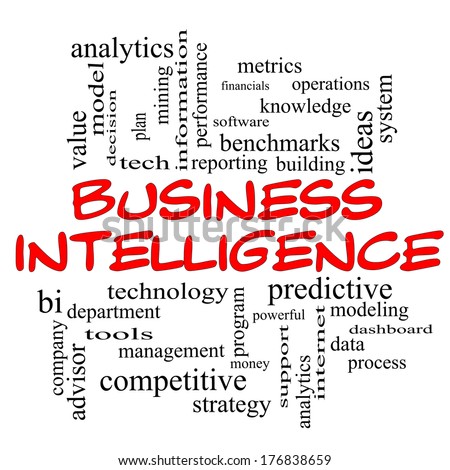1199.08
 Identify your best customers with real-time business intelligence. Ever changing marketing trends and targeting customers through their behavior and traffic patterns is the driving force for integrating business intelligence tools that provide greater insights than the way we previously used manual marketing forecasts.
Identify your best customers with real-time business intelligence. Ever changing marketing trends and targeting customers through their behavior and traffic patterns is the driving force for integrating business intelligence tools that provide greater insights than the way we previously used manual marketing forecasts.
While some of this can and will be learned on the job, you need to have a solid grasp of the industry’s dynamics, particularly the areas of the field that you’re looking to work in. Over time, you’ll want to become an expert in your industry as this will increase your ability to connect data with business problem-solving.
These developments will allow organisations to include new data into their analysis (i.e. call centre communications, customer complaints, and email communications), improving knowledge of their customers and lead to more innovative sales, marketing and retention strategies.
Business intelligence acts as a strategic factor for a business to build competitive advantage, by providing privileged information to respond to business problems: entering new markets, product promotions or offers, eliminating islands of information, control finances, cost optimization, production planning, customer profiling analysis, profitability of a particular product.
To succeed as a business intelligence engineer, you will need to acquire business intelligence analyst skills as well as BI developer skills, building on these competencies by gaining a deeper knowledge of each area of BI. You’ll also need to possess excellent project management abilities to succeed in this role.
